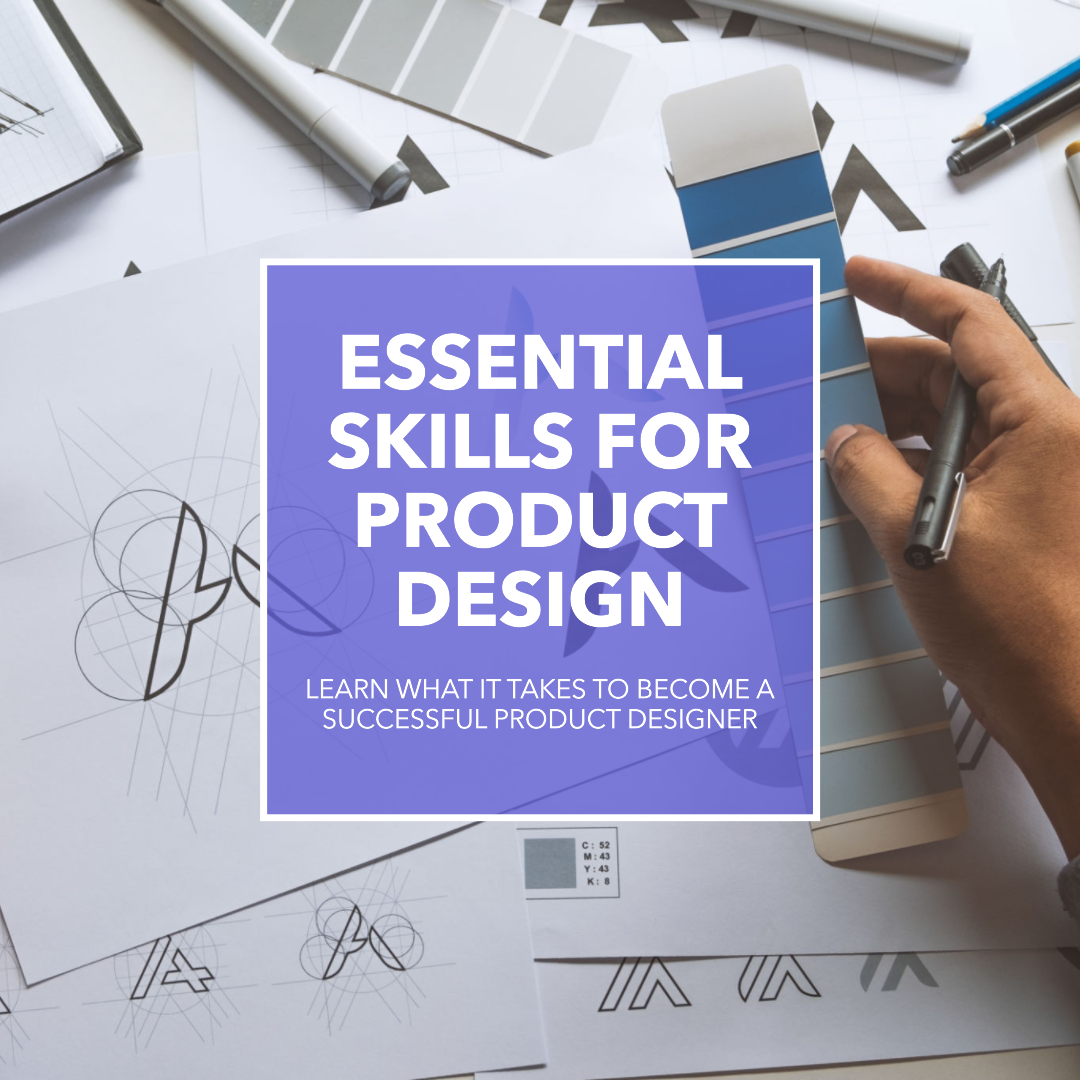Ever feel like the financial world is constantly playing catch-up with our lives? I stumbled across an interesting piece about Alexa von Tobel’s view on the next wave of fintech, and it’s got me thinking. You know, the Alexa von Tobel who founded Learnvest (sold to Northwestern Mutual for a cool $250 million) and then launched Inspired Capital with Penny Pritzker. Yeah, that Alexa von Tobel.
She’s calling it “Fintech 3.0”, and it’s not just about fancy apps or quicker transactions. It’s a deeper integration of finance into the fabric of our lives. We are moving from simple task automation to personalized support.
So, what’s got me hooked?
Von Tobel envisions Fintech 3.0 as a holistic approach that doesn’t just focus on individual financial products but understands the whole person. Think about it: your financial health is tied to your mental well-being, your career goals, your family situation, etc. Fintech 3.0 aims to connect these dots.
According to a study by PwC, 67% of consumers say they would share more personal data with financial institutions if it meant receiving more personalized advice. It is what the consumer is looking for, so it is what fintech should be providing. This underscores the demand for the type of integrated, personalized experience that Fintech 3.0 is all about.
I’m particularly intrigued by the potential of AI in this new era. Imagine AI-powered tools that can analyze your spending habits, understand your financial goals, and offer tailored advice, all while proactively adjusting to life changes.
We are moving from managing money to mastering it.
5 Takeaways From Von Tobel’s Fintech 3.0 Vision:
- Holistic Financial Wellness: Moving beyond isolated products to integrated solutions that consider the whole person. This aligns with a growing recognition that financial health is interconnected with other aspects of life.
- Personalization is Key: Generic advice is out; tailored recommendations are in. The more fintech companies understand your unique situation, the better they can serve you.
- AI-Powered Insights: Expect AI to play a bigger role in analyzing data and providing proactive, personalized guidance.
- Democratization of Access: Fintech 3.0 has the potential to level the playing field, making sophisticated financial tools and advice accessible to everyone, regardless of income or location. This could be especially impactful in places like Cameroon, where access to traditional financial services can be limited.
- Focus on Education: Empowering users with the knowledge they need to make informed decisions.
Why This Matters (Especially Here):
Here in Cameroon, the fintech landscape is still developing, but the potential is huge. Fintech 3.0 offers a chance to leapfrog traditional models and build a financial ecosystem that is truly inclusive and empowering. Imagine the impact of personalized financial advice delivered through accessible mobile platforms!
I’m excited to see how this vision unfolds. It’s not just about technology; it’s about building a future where everyone has the tools and knowledge to achieve financial well-being.
FAQ About Fintech 3.0:
- What exactly is Fintech 3.0? Fintech 3.0 is the next evolution of financial technology, focusing on holistic, personalized, and AI-driven solutions that integrate finance into all aspects of life.
- How is Fintech 3.0 different from previous versions? Fintech 1.0 was about digitizing traditional financial services, while Fintech 2.0 focused on mobile and online banking. Fintech 3.0 aims to provide integrated, personalized financial advice.
- What role does AI play in Fintech 3.0? AI analyzes financial data to provide personalized insights, automate tasks, and offer proactive financial advice tailored to individual needs.
- How can Fintech 3.0 benefit people in Cameroon? It can provide accessible, personalized financial services through mobile platforms, addressing the limited access to traditional banking.
- What are some potential challenges of Fintech 3.0? Ensuring data privacy and security, addressing the digital divide, and building trust in AI-driven advice are key challenges.
- How does Alexa von Tobel’s background influence her view on Fintech 3.0? Her experience founding Learnvest and working at Northwestern Mutual gives her a unique perspective on both the technological and the human sides of finance.
- How does personalization work in Fintech 3.0? Financial apps and platforms use your data and your goals to give you the best advice
- Is Fintech 3.0 only for young people, or can it help all generations? It benefits all generations by providing tailored financial advice and tools that address their specific needs and goals.
- What skills will be important for working in Fintech 3.0? Expertise in AI, data analysis, customer experience, and financial planning will be valuable in this evolving field.
- How do I get started using Fintech 3.0 tools? Start exploring fintech apps and platforms that offer personalized financial advice, and be open to sharing your financial data to get the most relevant recommendations.







